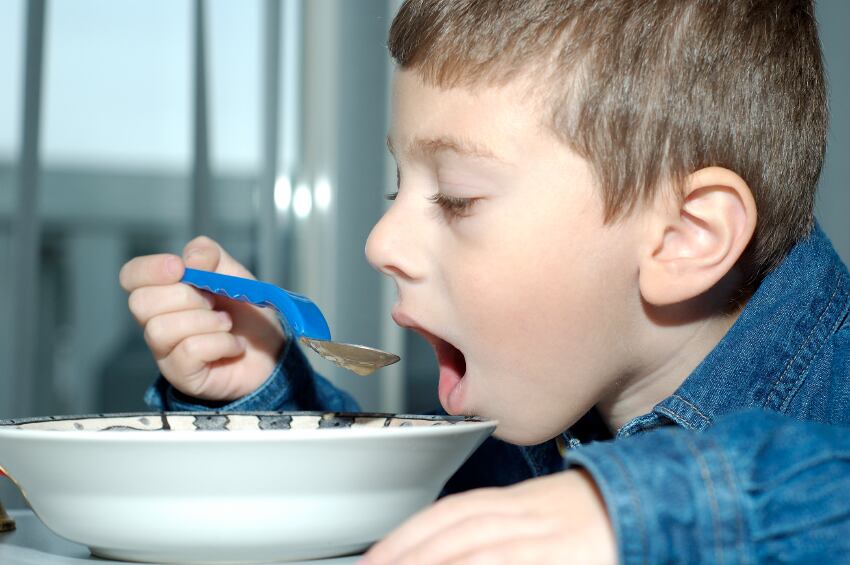In a study published in the Journal of Consumer Research, researchers looked at the impact of mascot advertising from two well-known presweetened breakfast cereal brands. They assessed what emotions these brands and mascots triggered among a group of adults that had been exposed to early TV ads to establish whether long-term feelings remained.
The online study, conducted with 177 adults born and raised in the UK, looked at Kellogg’s Frosties and its Tony the Tiger mascot and Kellogg’s Cocoa Pops with Coco the Monkey – two well-known brands and mascots in the UK.
Findings showed that adults held long-term positive feelings towards the characters and the brands’ nutritional profile if they had been exposed to advertising before age 13. These biased product evaluations could even transfer to line extensions, the study found.
“We demonstrate that exposure to advertising in childhood can lead to biased product evaluations that persist into adulthood,” the researchers from Arizona University and New York University wrote.
Adults exposed to both Kellogg adverts evaluated the cereals as equally healthy and those exposed to just one rated it as healthier than products known in adulthood.
Double-edged sword?
Speaking to FoodNavigator, professor of marketing and co-author of the study Dr Merrie Brucks said there were two areas of interest for manufacturers that the study threw up.
“Firstly, likeable characters or mascots in advertising to children can have very long term pay-offs for the brand. For products that positively contribute to health, safety, or education, such advertising is likely to advance societal goals as well as company goals,” she said.
'For products that have questionable nutrition, health, safety value, public attention may now focus on the role of such likeable characters in fostering biased decision-making among adults,' Brucks warned
“Secondly, for products that have questionable nutrition, health, safety value, public attention may now focus on the role of such likeable characters in fostering biased decision-making among adults,” she added.
Brucks said that for foods considered healthier, perhaps low in sugar or with added whole grains, manufacturers could benefit from this advertising strategy as characters could be used to advance a brand narrative and children formed attachments with them. Such a strategy could benefit public health, she said.
However, she warned that for high sugar, high fat, low-nutritional value products “such a strategy may create a backlash from public health advocates”.
However, she added, that right now it was unknown how much influence the health biases observed in the study had on actual food choices. “Not all adults have strong feelings for childhood characters. And even if they do, food choices are complex and take many factors into account,” she said.

Cereal advertising backlash
Ready-to-eat breakfast cereal companies have faced backlash for years in relation to kids’ advertising of presweetened breakfast cereals.
Consumer advocacy groups and researchers have slammed cereal manufacturers for ‘alarmingly’ high levels of salt and high-sugar products that were accompanied with misleading kids’ advertising.
However, voluntary program the Children’s Food and Beverage Advertising Initiative (CFBAI) had supported the efforts made by cereal makers to reduce sodium and sugar levels in their products. In a 2012 report, it said cereal companies had lowered sodium and sugar levels and fortified products with nutrients. In particular, it said manufacturers within the voluntary program that marketed to children had worked hard.
Some studies have suggested that kids’ advertising of products high in salt, sugar and fat has reduced over the years, but rules around advertising to children has remained a top concern for advocacy groups across the globe. The World Health Organisation (WHO) last year called on stricter rules on food marketing to children, particularly in light of social media and a smart phone boom.

Impact restricted to TV advertising?
Brucks’ study was restricted to television advertising because the researchers wanted to investigate marketing that had been widely used in the adults’ childhood years.
Asked if the impact would be the same with online advertising – a form becoming more prevalent – she said: “I think the findings would be true for online advertising only if children interacted often enough to form strong feelings for the characters.”
Source: Journal of Consumer Research
Published online ahead of print, January 2014
“How childhood advertising exposure can create biased product evaluations that persist into adulthood”
Authors: PM. Connell, M. Brucks and JH. Nielsen
